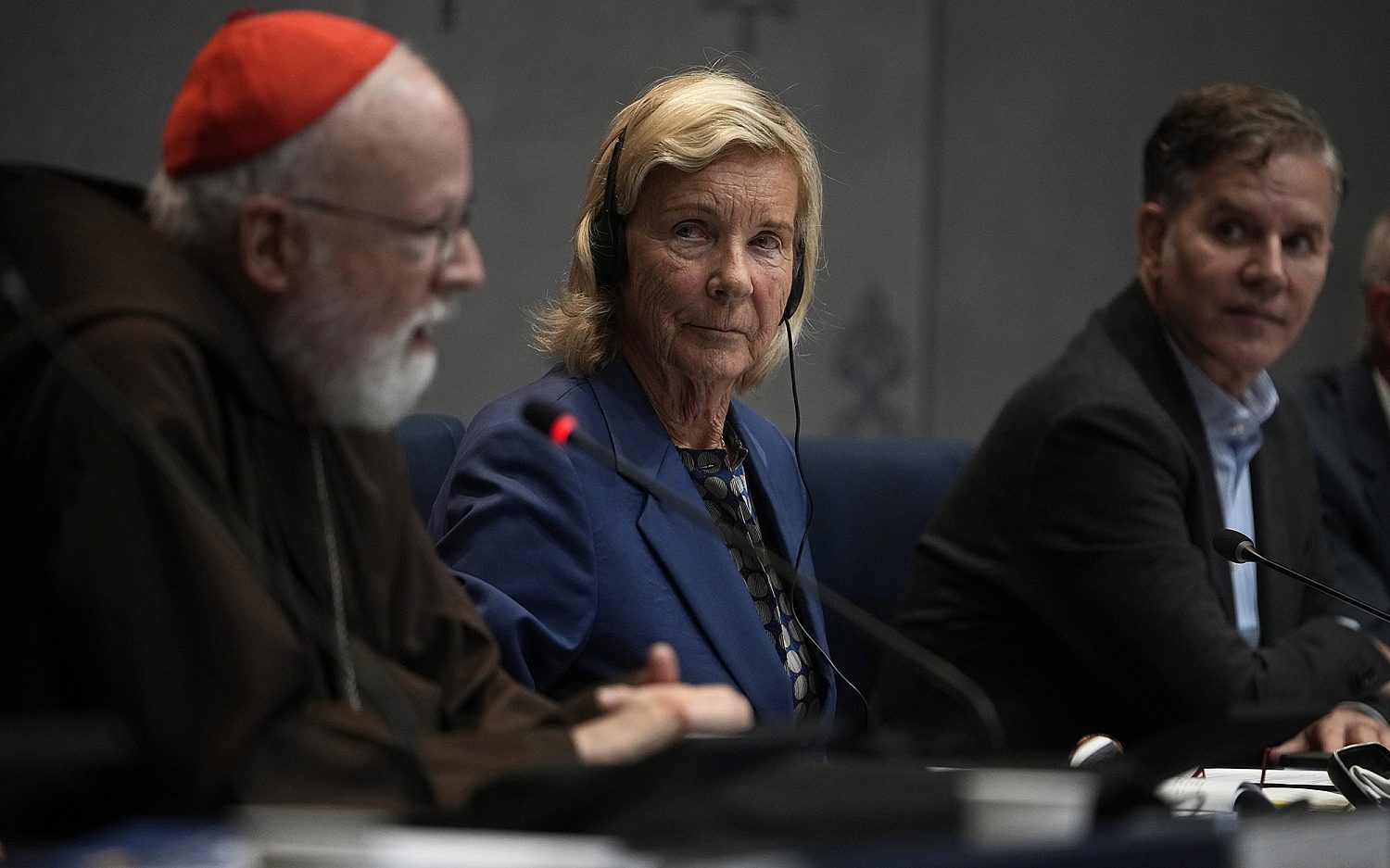Web Reads: Mamas, don't let your babies grow up with videos
Screen time. In “Baby Brains,” a reporter looks at what we know about the development of a baby’s brain during the first years. Since babies are human and not machines, it’s not surprising they learn better when interacting with someone rather than by watching a video. An experiment introducing American children to Mandarin Chinese, either through a tutor or audio/video, showed that: “The researchers expected the children who’d watched the videos to show the same kind of learning as the kids tutored face-to-face. Instead they found a huge difference. The children exposed to the language through human interactions were able to discriminate between similar Mandarin sounds as well as native listeners. But the other infants—regardless of whether they had watched the video or listened to the audio—showed no learning whatsoever.”
Down but not out. Begging is common in Lakewood, an Orthodox Jewish community in New Jersey. New York Times reporter Mark Oppenheimer writes on how the city deals with the influx of needy observant Jews: “It’s not that Lakewood residents enjoy having their doorbells rung two, three, or four times a day to hear a hard-luck story. But while other towns may criminalize beggars or tell them to move along, Lakewood has an obligation to fulfill—Jews are literally family, according to the Torah. So the town came up with a modern solution to an ancient problem: paperwork. Beggars are registered and licensed in Lakewood, as a means of preserving trust in this community that aspires to be a village but is outgrowing that label.”
Second chances. In “Giving Away Anatoly Z.,” Lisa Belkin reports on the work of adoption professional Cyndi Peck, who specializes in finding “second-chance” homes for children when their first adoption fails. The shame attached to failure often pushes the practice of “rehoming” underground. Peck describes the desperate parents who call: “These are not parents who wake up one day and simply decide, ‘Oops, this isn’t what I’d planned.’ They are not giving up on their children. That is the biggest fallacy. They’ve longed for these children, and dreamed of them, and gone to another country, gone to Russia and Africa and China, spent tens of thousands of dollars and tried everything they could think of to help them heal. But there comes a point where being that family isn’t good for anyone, not the parents, not the other siblings, and definitely not the child.”
Christmas candy. Making a candy cane by hand: Hot sugar and food coloring goes through a process of cooling, stretching, pounding, cutting, shaping. Here’s a fascinating video showing how it happens.
Refugee story. Before the Rwandan genocide, tensions between Hutus and Tutsis had already exploded in neighboring Burundi. How one one survivor of that murderous episode ended up in Atlanta is the subject of “You Have Thousands of Angels Around You,” a moving story with a happy ending. The story’s deck sets it up well: “How one young woman lost her family, survived a war, escaped two continents, and through the kindness of strangers found a lifelong home in Atlanta.”
An actual newsletter worth subscribing to instead of just a collection of links. —Adam
Sign up to receive The Sift email newsletter each weekday morning for the latest headlines from WORLD’s breaking news team.





Please wait while we load the latest comments...
Comments
Please register, subscribe, or log in to comment on this article.